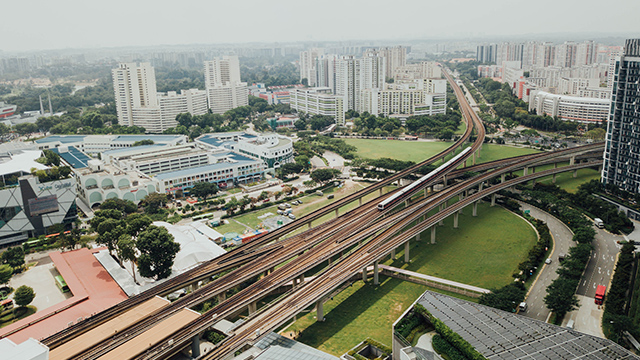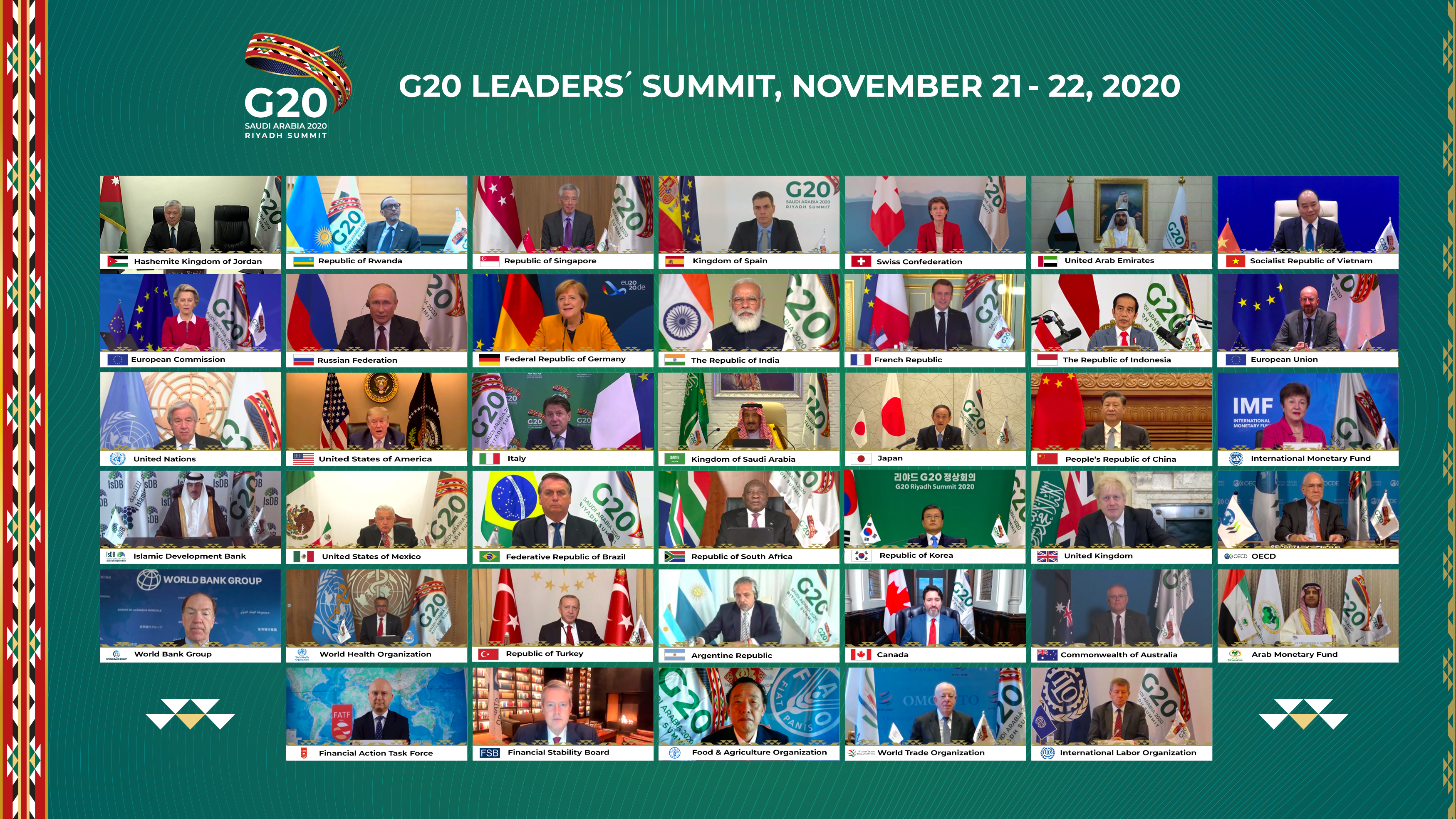928 results found
Featured results



More results
Bridging the US$15 trillion infrastructure gap has become crucial given the economic impact of COVID-19. GI Hub's Strategic Advisers deep-dive into a way forward to attract private capital.

Public investment in infrastructure is more effective in increasing economic output than other types of public spending



Investment in public transit infrastructure can contribute to creating more inclusive societies. Public transit services are more often used by lower-income households, women and ethnic minorities.


The COVID-19 health crisis has highlighted the chronic underinvestment in social infrastructure around the world. Dr. Georg Inderst discusses Global Infrastructure Hub’s recently released Infrastructure Monitor 2020 report and what can be done to attract more public and private investors to social infrastructure.
Converting old unused mineshafts and canals into 'geothermal boilers' to produce electricity that can be transported to homes or public spaces.
Combination of sensors and AI to increase sewer capacity and reduce the frequency and magnitude of sewer overflows, especially during high rainfall events.
Building Information Modelling (BIM) and pre-fabrication technology being used in conjunction to enable the project to be built virtually before construction, reducing issues or inefficiencies that can arise during the construction stage.
The Itaipu Hydroelectric Dam (the Dam) is located on the Paraná River on the border between Brazil and Paraguay
The latest milestone of Global Infrastructure Hub’s Brazil Country Engagement Program has been completed with a gathering of infrastructure leaders from Brazil for an inception workshop on the SOURCE platform.

Regulatory capital frameworks require banks and insurers to put aside more capital for infrastructure investments than is warranted by their historical credit performance


The infrastructure supply gap is significant, but by focusing on four key deliverables, the G20 can support and establish new, technology-based critical networks that would be resilient in future crises.
Leaders of the G20 have met for the last time under the Saudi Presidency to address the most pressing challenges of our times, with the vision to take further steps to overcome the pandemic while building an inclusive, sustainable and resilient future for all.


Meet four women leaders who are transforming infrastructure development in Latin America.
Meet four women leaders who are transforming infrastructure development in Latin America (Spanish translation).
Meet four women leaders who are transforming infrastructure development in Latin America (Portugese translation).
Find out what needs to change in the workforce to meet future needs of the construction industry.
53 members of our InfraTech Leaders Ecosystem – from more than 25 public and private entities – met for the first time to discuss ‘quick wins' and strategic priorities based on the World Bank's InfraTech Policy Toolkit, developed earlier this year to support the Riyadh G20 InfraTech Agenda.
The Piracicaba-Panorama concession in Sao Paulo is one of the largest road concessions in Brazil, spanning a network of highways that covers 1,200km of distance
Brazil has a policy named Urban Operations which is used to promote requalification of underdeveloped urban areas through PPPs




 Infrastructure Monitor
Infrastructure Monitor














